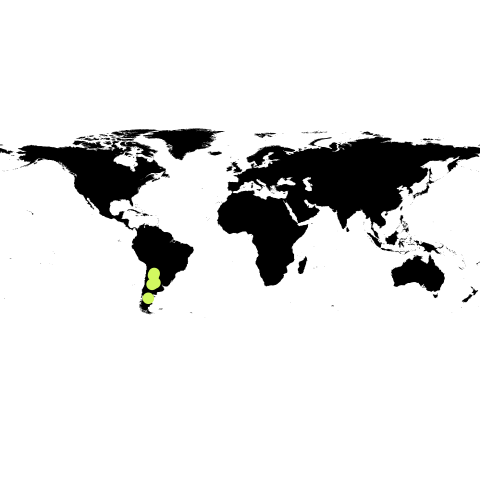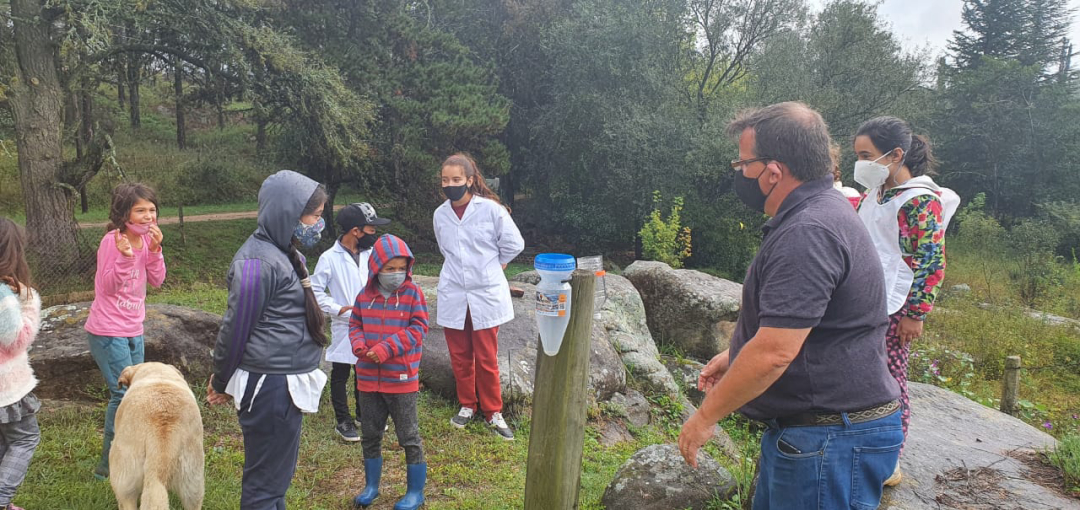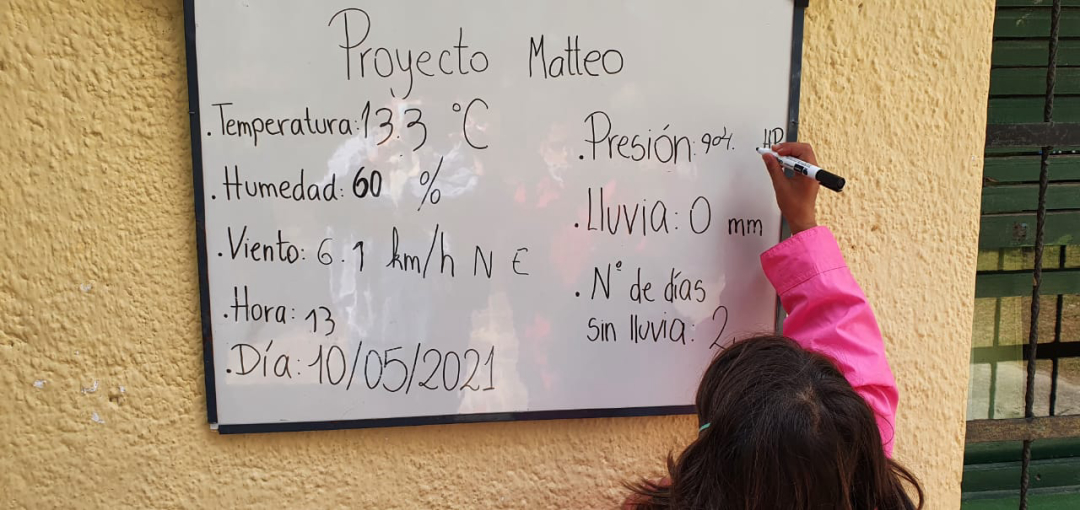Disclaimer:
Please be aware that the content herein is comprised of personal reflections, observations, and insights from our contributors. It is not necessarily exhaustive or authoritative, but rather reflects individual perspectives. While we aim for accuracy, we cannot guarantee the completeness or up-to-date nature of the content.
Co-created project: Citizens participate in all stages of the scientific process.
Overall goals: • Highlight the importance of crowdsourcing data which may be later used for optimal water resource management. • Promote interinstitutional and intra-institutional work, by encouraging the partaking of students at different educational levels. • Foster the involvement of public and private schools of any kind. • Plan the participation of residents in recording hydrometeorological data. Specific goals: • Record and analyze weather data to characterize particular physical phenomena (for example, heavy storms) occurring in the area; also, contribute to the determination of certain methodological aspects and to instrumentation making. • Establish ties at every educational level between public and private educational establishments. • Crowdsource data to co-create knowledge with the aim to mitigate the effects of environmental hazards (floods, droughts, wildfires, pollution, etc.)
Description of citizen participation: Children and young people carry out hydrological and hydrometeorological measurements and build their own low-cost instruments. These instruments are validated by comparison with official instruments (for example, the in�struments are installed in the National Weather Service educational experimental fields). Additionally, the students are promoters of what they have learned, applying it to their daily environment. Private residents have been incor�porated to collaborate with data recording, giving rise to [REDACTED], where the R in the last name ([REDACTED]) refers to Residents. Today, schools from the MATTEO project are currently participating in international scientific projects such as PREVENIR project, funded by the Science Agency of Japan.
Time frame. 01/03/2018 – N/A
Project leaders. [REDACTED], Physical and Natural Sciences (FCEFyN, in Spanish) of the National University of Cordoba (UNC, in Spanish) / National Scientific and Technical Research Council (CONICET, in Spanish) of Argentina. • [REDACTED], FCEFYN / UNC y CONICET.
C****************************************************************************************************************************************************************************** @MATTEO_ADOPTO
 Consent to share form or official link.
Consent to share form or official link.

 4Quality education
4Quality education 11Sustainable cities and communities
11Sustainable cities and communities 13Climate action
13Climate action

Comments
Log in to add a comment or reply.